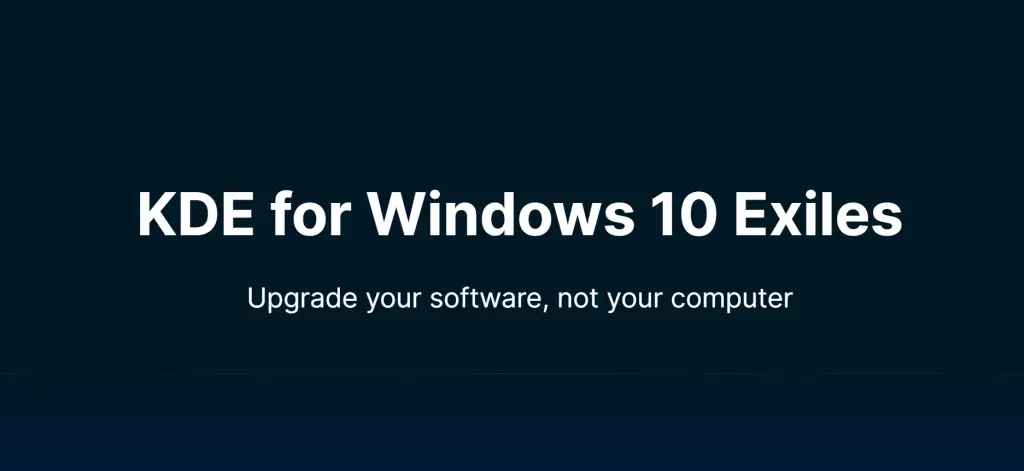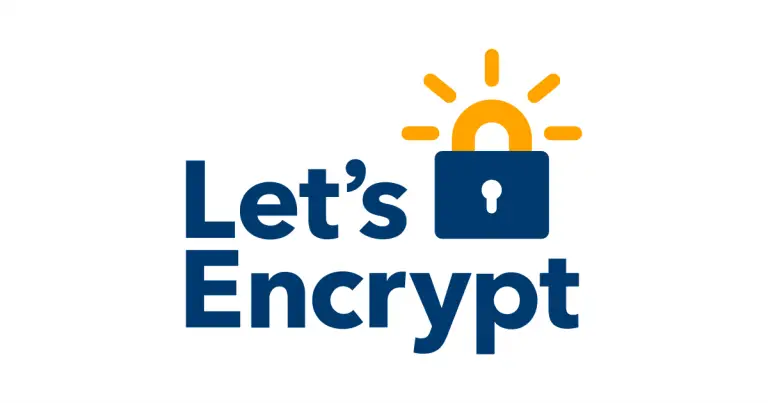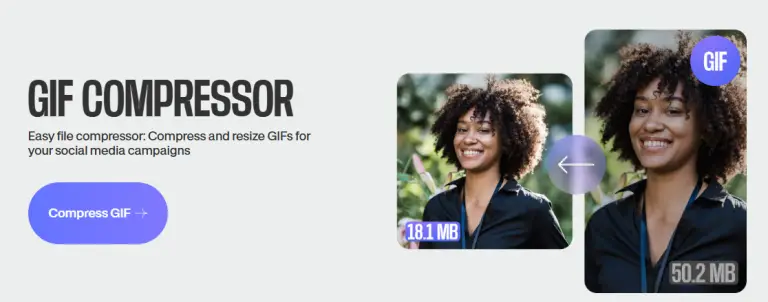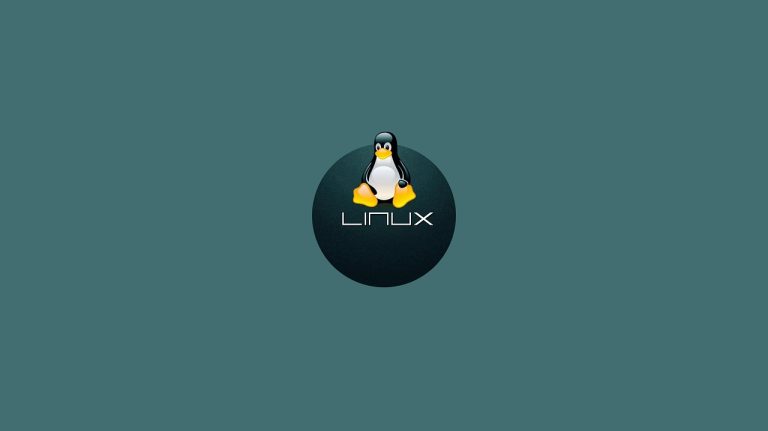
The KDE Project, a prominent force in the world of Linux desktops, has launched a campaign titled “KDE for Windows 10 Exiles” aimed at users facing the looming end of support for Windows 10 on October 14, 2025. On the official campaign page at kde.org/for/w10-exiles, the project pointedly declares, “Your computer is a toaster,” alluding to the inevitable vulnerability and obsolescence that will follow the cessation of Microsoft’s security updates.
While the system may technically continue to function beyond this date, KDE warns that without ongoing updates, accumulating bugs will expose users to increased risks of exploitation, data loss, and loss of control over their devices. Beneath an illustration of technological detritus—including a floppy disk and rotary phone—the KDE team underscores that users will soon be left defenseless.
Microsoft offers two official pathways forward: transitioning to the Long-Term Servicing Channel (LTSC) version of Windows, or subscribing to paid Extended Security Updates. However, for users with incompatible hardware or those unwilling to migrate to Windows 11, KDE proposes an alternative—installing Linux with the elegant Plasma Desktop environment.
The motivations for rejecting Windows 11 are varied: hardware incompatibilities, aversion to its interface, or institutional inertia. Microsoft, in effect, offers a single solution—purchase a new PC. KDE, on the other hand, advocates for a shift toward free and open-source software, suggesting users seek help from experienced Linux enthusiasts if installation seems daunting.
KDE acknowledges that the migration may not be seamless, especially for those deeply embedded within Microsoft’s ecosystem. “Installing Linux isn’t as terrifying as it used to be,” the campaign notes, though it advises users to study instructions carefully.
Modern Linux distributions have advanced significantly in terms of user-friendliness, particularly when paired with environments like Plasma. KDE promises a computing experience free from telemetry, viruses, and forced updates—though it emphasizes the continued necessity of regular system updates to patch vulnerabilities. While malware targeting Linux is less prevalent, it is not non-existent, and vigilance remains essential.
Meanwhile, Microsoft has confirmed that support for Microsoft 365 applications on Windows 10 will continue at least through 2028. Thus, the “end” of Windows 10 is not a sudden collapse, but a gradual fading.
Nevertheless, KDE’s campaign raises a pressing concern: what becomes of the millions of users whose computers remain perfectly functional but are no longer deemed “supported”? KDE’s answer is unequivocal—abandon the sinking ship and seek alternatives, even if Microsoft is reluctant to acknowledge the need.


